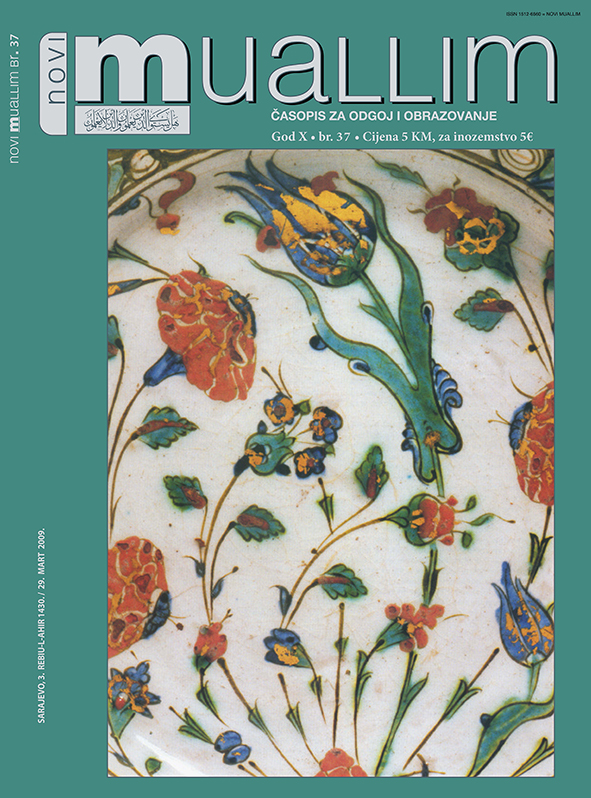POLARIZATION OF THE BEINGS IN PHILOSOPHY OF IBN SINA
DOI:
https://doi.org/10.26340/muallim.v10i37.860Abstract
From among his many schools of thought on the issue of being, the polarization of the being to the “necessary being” and “possible being” is considered one of Ibn Sina’s greatest contributions to the philosophy. This theory makes distinction between essence (ens) and existence (esse) in created matters, simplicity of God’s Being as well as conclude that the essence of God is contained in His Being. Additionally, the theory allows for analysis of the ways of existence which were the central topics in the scholastic philosophy of the Middle Ages. This would, in fact, represent a cause for his theory on these issues to take on a distinct form in the eastern and western philosophy. Although it sets off from the analysis of the problem that was already tackled by Aristotle and Farabi, Ibn Sina develops these theories and interprets them in the light of the complete philosophical system. As this problem was always approached from the philosophical aspect, the work also considers the theological school of thought of Ibn Sina on this problem which he examines in his interpretations of the last three Surah from the Qur’an. This action clearly demonstrates that it deals with the issue of philosophication of theology and theologication of philosophy. In quest for foundation of the world, Ibn Sina also uses philosophical means, in addition to idea of God he finds in the Qur’an. His metaphysics of being does not restrict itself only to the being as being but attempts to penetrate through the very foundation of the being that determines it. As the starting point, he takes the Qur’an’ name for God - huwa (He). From that name derives being or (huvvijje) which is the very existence or Essence.
Downloads
Published
How to Cite
Issue
Section
License
Naknada:
a. Časopis ne naplaćuje naknadu za obradu članaka (APC) i naknadu za podnošenje članaka.
Autori koji objavljuju u ovom časopisu pristaju na sljedeće uvijete:
- Autori zadržavaju autorska prava i pružaju časopisu pravo prvog objavljivanja, pri čemu će rad jednu godinu po objavljivanju biti podložan licenci Creative Commons imenovanje koja omogućuje drugima da dijele rad uz uvijet navođenja autorstva i izvornog objavljivanja u ovom časopisu.
- Autori mogu izraditi zasebne, ugovorne aranžmane za ne-ekskluzivnu distribuciju rada objavljenog u časopisu (npr. postavljanje u institucionalni repozitorij ili objavljivanje u knjizi), uz navođenje da je rad izvorno objavljen u ovom časopisu.


